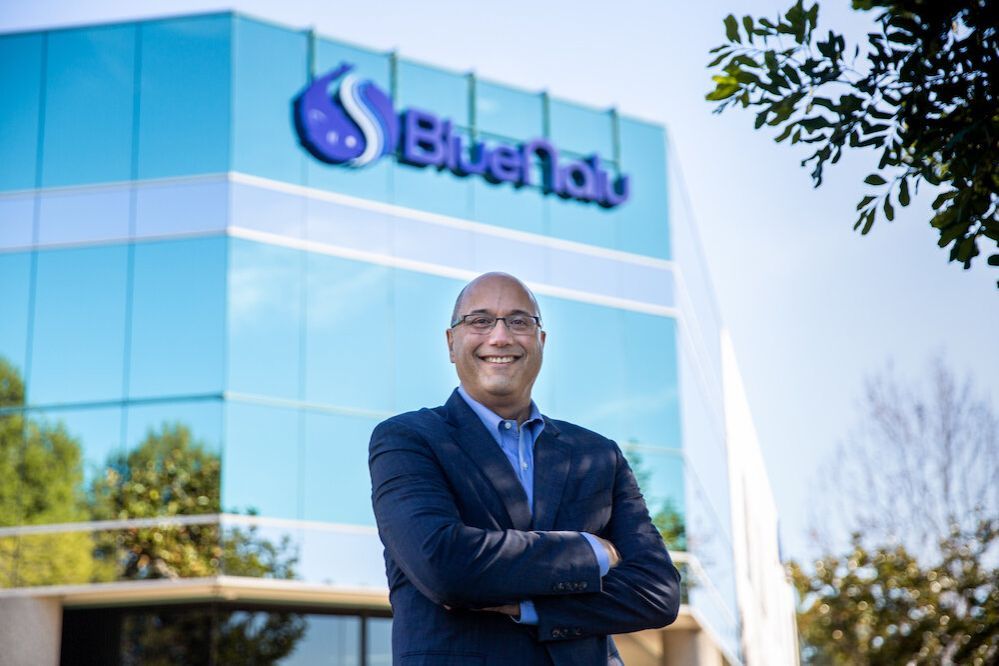San Diego-based cellular aquaculture startup BlueNalu has raised $33.5 million in a series B round from “new and existing investors” according to UK-based venture capital firm Agronomics.
Prior to this round, BlueNalu had raised a $4.5 million seed round in 2018, a $20 million series A round in 2019, and $60 million in convertible note financing in 2020.
BlueNalu is not providing further details, but in a release issued Monday, Agronomics said it had invested $8 million across BlueNalu’s seed and series A rounds and a pre-series B convertible note. Following the close of the B round, the note has been converted into Series B preferred shares. It has not, however, put more money into BlueNalu in the B round, and had to announce the closing of the deal due to requirements for being listed on the London Stock Exchange.
Agronomics now holds a 5.12% equity stake in BlueNalu on a fully diluted basis, said Agronomics, which has invested in multiple cellular ag companies including Meatable, Geltor, The EVERY Co, Mosa Meat, Solar Foods and Formo.
“Subject to audit, Agronomics will now carry this position forward at a book value of £13.3 million… the holding in BlueNalu will represent approximately 8% of the last published net asset value of the company including estimated post-balance sheet date adjustments.”
The scale-up plan
BlueNalu currently operates out of a pilot facility in San Diego that it is scaling up to produce sufficient quantities (“batches in the hundreds of pounds”) for a small-scale launch.
It hopes to break ground on a large-scale plant in 2026, with a view to starting commercial-scale production 18 months later.
The location of the large-scale plant will “depend on some of the market feedback we receive and some of the offtake commitments we hope to get [that could in turn] facilitate getting the capital to build a large-scale facility,” cofounder and CEO Lou Cooperhouse told AgFunderNews last week.
High-value products
Unlike many cultivated meat startups, who are combining cell-cultured chicken or beef with textured plant-based proteins to provide texture and lower costs, BlueNalu intends to launch with whole muscle bluefin tuna toro, a high-value product that commands a premium price, said Cooperhouse.
Bluefin tuna toro (the fatty belly of the fish) is “available in very limited supply, can be extremely variable in its quality and sensory attributes, and has faced steep declines in fish stocks due to overfishing and illegal, unregulated and unreported fishing,” added Cooperhouse.
Make it in a bioreactor, and you can ensure a consistent product that is also free of mercury and microplastics, he claimed.
While the unit economics of making chicken nuggets in a bioreactor are likely to be challenging for some time, said Cooperhouse, making Bluefin tuna—”the Wagyu beef of the sea”—from cells makes a lot more economic sense.
Margins ‘north of 70%’ at large-scale facility
Speaking to us after extending strategic partnerships with leading seafood players in Japan, Korea, and Thailand, Cooperhouse said he remained confident investors would see a “rapid” return on a large-scale commercial facility deploying BlueNalu’s technology.
According to a techno-economic analysis conducted last year, BlueNalu could achieve margins “north of 70%” with a 140,000 sq ft facility housing eight 100,000-L bioreactors producing 6 million pounds of bluefin tuna toro a year, said Cooperhouse.
“We have identified what that cost will be [to build and operate a large-scale plant], but I think given the value of bluefin tuna, the rate of return will be quite rapid. And that’s based on selling at price parity [with conventional tuna], even though consumers have said they’re willing to pay a premium for this type of product.”





